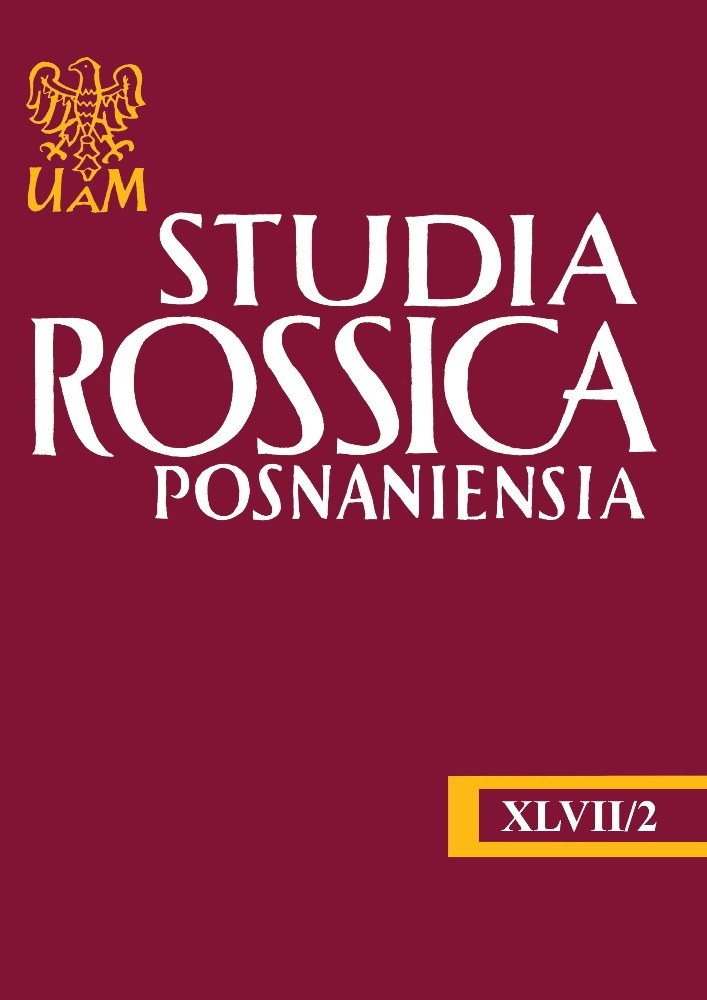Abstrakt
This paper presents the results from two different experiments carried out independently with two different groups of students using the same materials and the same methodology, with the aim to check whether oral translation, if applied as a main teaching technique, can foster the development of the accuracy component of language proficiency. The experiments were carried out at the International Centre for Plurilingualism at the University of Udine with two experimental groups over a period of three years. Apart from providing a positive answer to the research question, the results show that the whole training can be carried out as part of the in-class activities and is independent of factors of personal character like the amount of time a student dedicates to the L2 learning at home, his or her willingness to put him/herself to work and even, to a large extent, independent of the student’s mother tongue or previous contacts with the foreign language. Since the main goal is the rapid memorization of the lexical and grammar material inside a context, the present technique suggests itself as a promising teaching tool in any lexically specialized field of L2 study.
Bibliografia
Ellis, Rod. Task-based language learning and teaching. Oxford, Oxford University Press, 2003.
Gatbonton, Elizabeth, Norman Segalowitz. "Rethinking communicative language teaching: A focus on access to fluency". The Canadian Modern Language Review, 61, 2005, p. 325-353. https://doi.org/10.3138/cmlr.61.3.325 DOI: https://doi.org/10.3138/cmlr.61.3.325
Hammerly, Hector. Fluency and accuracy: Toward balance in language teaching and learning. Clevedon, Multilingual Matters, 1991.
Kormoz, Judit, Mariann Dénes. "Exploring measures and perceptions of fluency in the speech of second language learners". System, 32 (2), 2004, p. 145-164. https://doi.org/10.1016/j.system.2004.01.001 DOI: https://doi.org/10.1016/j.system.2004.01.001
Lennon, Paul. "Investigating fluency in EFL: A Quantitative approach". Language Learning, 40, 1990, p. 387-417. https://doi.org/10.1111/j.1467-1770.1990.tb00669.x DOI: https://doi.org/10.1111/j.1467-1770.1990.tb00669.x
Ridge, Elaine. "Communicative language teaching: Time for review". SPIL PLUS, 21, 1992, p. 95-108. https://doi.org/10.5842/21-0-533 DOI: https://doi.org/10.5842/21-0-533
Rossiter, Marian J. et al. "Oral fluency: The neglected component in the communicative language classroom". The Canadian Modern Language Review, 66 (4), 2010, p. 583-606. https://doi.org/10.3138/cmlr.66.4.583 DOI: https://doi.org/10.3138/cmlr.66.4.583
Skehan, Peter. A cognitive approach to language learning. Oxford, Oxford University Press, 1998. https://doi.org/10.1177/003368829802900209 DOI: https://doi.org/10.1177/003368829802900209
Skehan, Peter. "Second language acquisition and task-based instruction". Challenge and change in language teaching. Eds. Jane Willis, Dave Willis. Oxford, Heinemann, 1996, p. 17-30.
Swan, Michael. "A critical look at the communicative approach". ELT Journal, 39 (1), 1985, p. 2-12. https://doi.org/10.1093/elt/39.1.2 DOI: https://doi.org/10.1093/elt/39.1.2
Towell, Richard, Renee O. Hawkins, Bazergui Nives. "The development of fluency in advanced learners of French". Applied Linguistics, 17, 1996, p. 84-119. https://doi.org/10.1093/applin/17.1.84 DOI: https://doi.org/10.1093/applin/17.1.84
Wolfe-Quintero, Kate, Shunji Inagaki, Hae-Young Kim. Second language development in writing: Measures of fluency, accuracy and complexity. Honolulu, University of Hawaiʻi, 1998.
Licencja
PRACE PUBLIKOWANE W CZASOPIŚMIE DOSTĘPNE SĄ NA LICENCJI CREATIVE COMMONS:
Uznanie autorstwa-Użycie niekomercyjne-Na tych samych warunkach 4.0 Międzynarodowe.
Autorzy tekstów przyjętych do publikacji w czasopiśmie „Studia Rossica Posnaniensia” są zobowiązani do wypełnienia, podpisania i odesłania na adres redakcji umowy o udzielenie nieodpłatnej licencji do utworów, z zobowiązaniem do udzielania sublicencji Creative Commons.
Zgodnie z umową, autorzy tekstów opublikowanych w czasopiśmie “Studia Rossica Posnaniensia” udzielają Uniwersytetowi im. Adama Mickiewicza w Poznaniu niewyłącznej i nieodpłatnej licencji oraz zezwalają na użycie sublicencji Attribution-NonCommercial-ShareAlike 4.0 International (CC BY-NC-SA 4.0).
Autorzy zachowują prawa do dalszego, swobodnego rozporządzania utworem.
Autorzy, którzy wykorzystują w swoim tekście cudze utwory (np. ilustracje, fotografie) proszeni są o dostarczenie do redakcji czasopisma zgody na publikację.
Użytkownicy internetu uprawnieni są do korzystania z utworów opublikowanych po 2015 roku “Studia Rossica Posnaniensia” tylko w celach niekomercyjnych, pod następującymi warunkami:
https://creativecommons.org/licenses/by-nc-sa/4.0/
Uniwersytet im. Adama Mickiewicza w Poznaniu zachowuje prawo do czasopisma jako całości (układ, forma graficzna, tytuł, projekt okładki, logo itp.).

